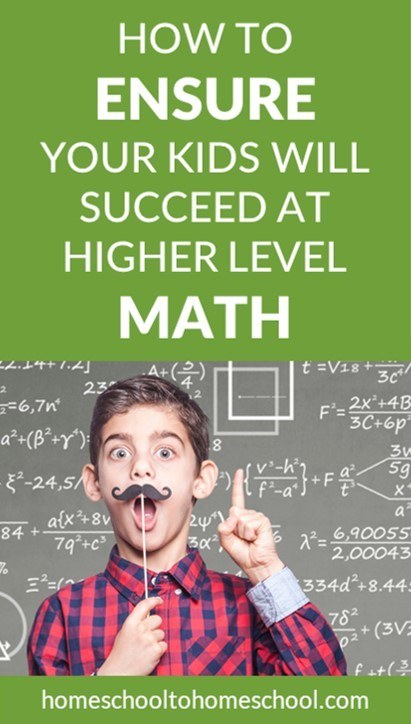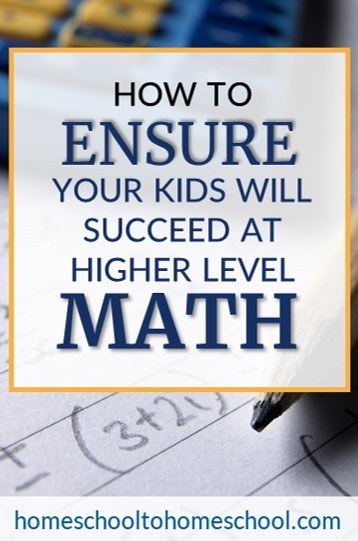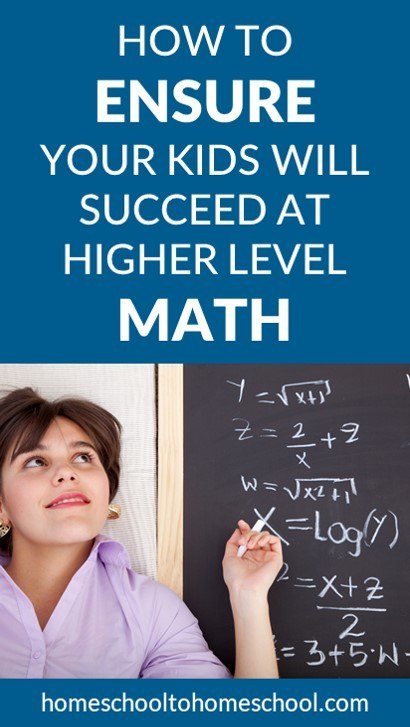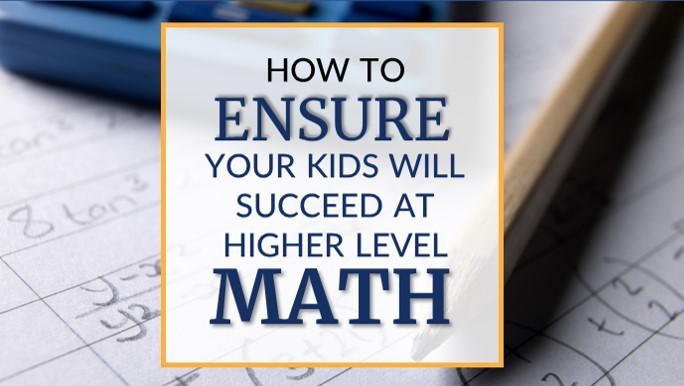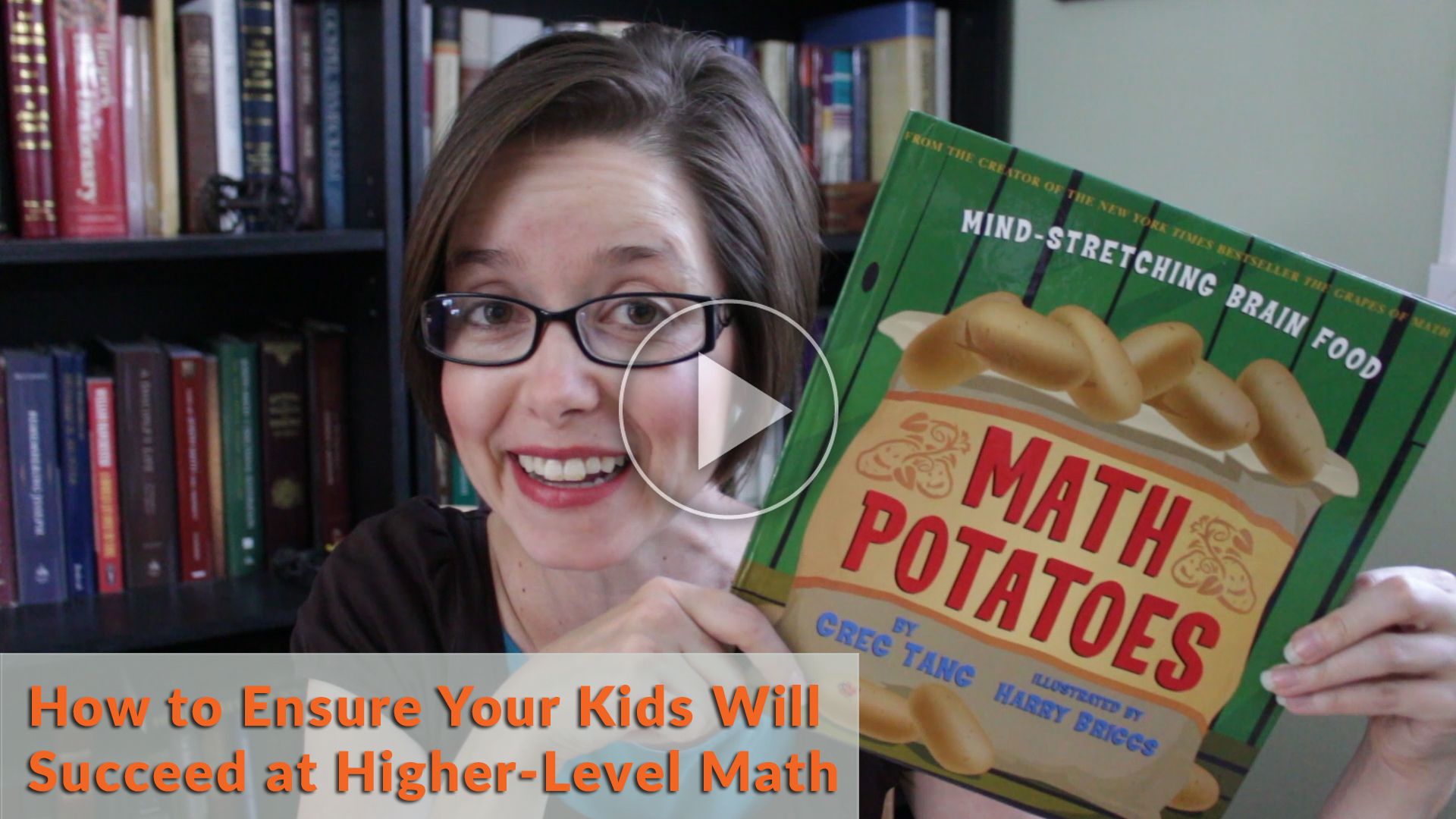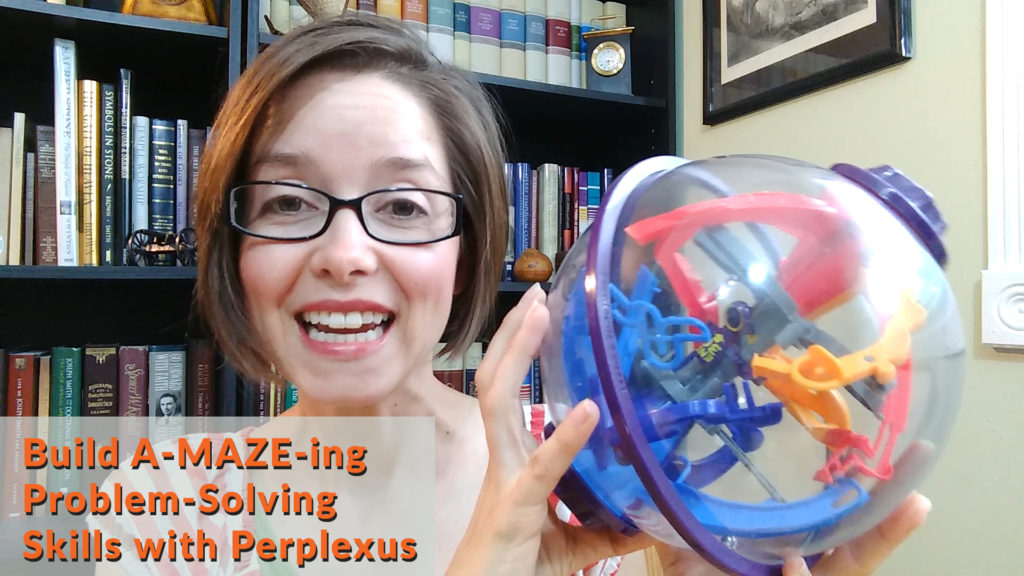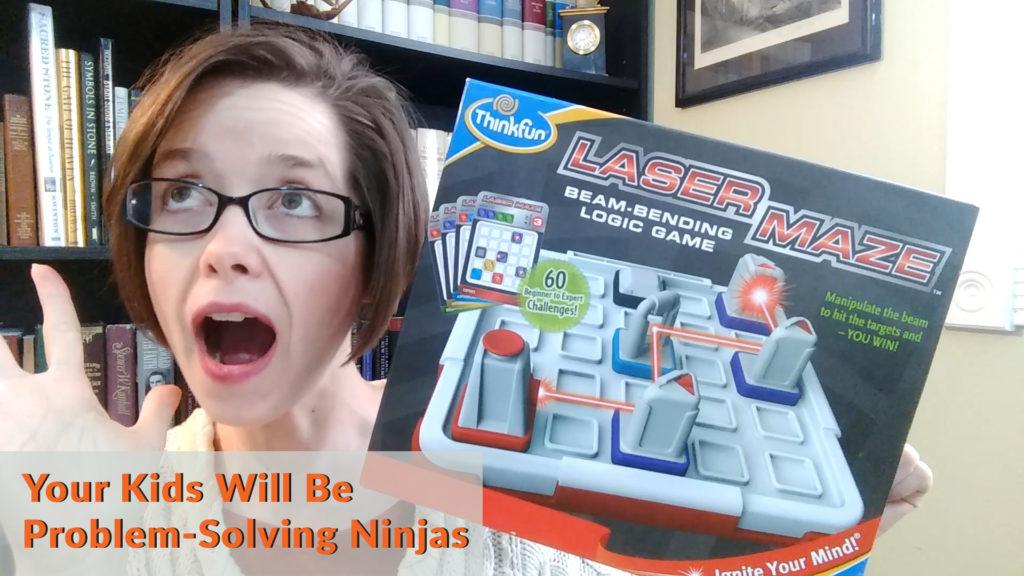But that’s okay! Because my job is to facilitate a great education … not be the teacher for every subject.
As my kids get into the higher-level math, I find other AMAZING mentors and teachers to help teach them.
But before my kids get there, I make sure we set a good foundation. That means focusing on thinking skills that help prepare them to do higher level math.
And today, I want to share a math resource that we have used for years in my homeschool to build those skills.
These books teach a foundational skill for higher-level math AND they are super fun to sit on the couch and read!
CLICK HERE to check it Greg Tang's books for your homeschool.
Rather keep reading than watch? Scroll to read a transcript of the video.
Ready to feel Confident and Successful as you homeschool?
Register below to watch my FREE CLASS
Confident Homeschool Secrets
7 Ways to Create a Homeschool That Works (and you LOVE!)
Transcript
Hi everybody! It's ToriAnn Perkey here. From my homeschool to your homeschool, do you want your kids to do well at the higher level math? I'm talking past the addition, the subtraction, the multiplication, and the division. I'm talking about algebra. I'm talking about trigonometry. I'm talking about those really high level concepts that make them do well on the test that get them into college ... that help them do well in college. Do you want your kids to do well in higher level math?
And whether your kids are going to college or not, this is an interesting question to ask because higher level math is all about learning how to think. And if you know how to think, you're going to do better at whatever you decide to do, right? So, you want your kids to do better. How do you get them there? How do you ensure that they're going to do well at higher level math?
Well, I am here to tell you it is not just learning how your multiplication tables work -- like not learning how to memorize -- and it's not just knowing how to plug numbers into equations and chug out the answer on the other side. No, it's problem solving.
Problem solving is how you ensure that your kids can go from this level of math all the way up here to this level math.
And today I want to show you a resource that we've used in my home that I love because it just gets the problem-solving brain working like crazy. It is the book series by Greg Tang, and all the books have different titles. This particular one is called "Math Potatoes." His very first book the one that made him an international bestseller is called "The Grapes of Math," and yes, he does have fabulously funny puns with every single book.
Now, these books are really, really cool. They work for all ages. There are some that are definitely geared towards the younger kids, and there are some that are a little more geared towards the older kids, but my kids across the board have enjoyed them all.
Let me show you how this one works then we'll talk a little bit about the distinctions in the other ones. So, every page is a spread like this. Do you see that? There's a poem on this side, and then some kind of picture pattern on this side. Remember, this is all about problem solving -- specifically visual problem solving -- which makes it great for your visual learners who maybe have a little bit more trouble with math.
So, the poem if you read it, it always rhymes, but it's going to ask them to do some kind of mathematical problem solving without counting or without doing it the normal obvious way. So, for example -- and I won't read the whole poem but basically what they're supposed to do is figure out how many shells -- this one's called Shell Shock -- how many shells are over here. And the hint that's given in the poem is to look for patterns in squares.
So, you'll notice that over here the patterns are such that the kid could count every single one. But if they notice that there are patterns of nine in the squares and over and over again they can actually count up the nine squares. And he mentions in here “Be careful not to double count,” right? Because you don't want to double count this square right here and they're learning -- and then they can find the answer of how many shells there are.
So, they're learning how to think differently. How to look for patterns in their math. And problem solving and pattern finding is key to be successful at higher level math. So, every single page in this series -- here's one about stars, and it has a different kind of pattern and problem to find. Here's one with peanuts. So, every problem in this book, every two-page spread, has a different kind of problem solving and a different kind of critical thinking, a different kind of pattern finding and pattern finding. Oh, so key! So, I have a couple of other books.
Now, he has -- I didn't bring them all. He has some that are to help with multiplication, some that help with addition and subtraction. Let's see … and then a couple -- another one that I really like is one that he calls "Math-terpieces" and what's really fun about this is that he actually patterns his entire poem over a masterpiece work of art. So you get to talk a little bit about Van Gogh's Starry Night. You can go bunny trail that. Here's your poem, and this one you're supposed to find patterns. Four different ways to make seven. You'll notice three stars or four stars. Counting is important. One star, two star, three and two, and so looking for different ways to group these up to make seven.
Again, patterns, critical thinking, problem solving with a really fun picture book that's full of artwork. Okay, I get super excited. Let's see this one is "Math Appeal," another book that he has, and I love this one again just because it has -- every single one of them is different. So, you're looking for different patterns. Here the kids are looking for focusing on 15s as they count all the geese in the sky. So, how can they find 15s in this picture? How can they find 15s and then group them in different ways?
This series of books, whether you get one or you get all, is definitely going to help your kids have that pattern finding, problem-solving brain that they need to do higher level math well and to feel confident doing it. So, if it's something you think would work for your homeschool, you can look up above or down below. I'm going to have a link somewhere that will help you get to it.
From my homeschool to your homeschool, I'm ToriAnn Perkey, and I bring you these videos every week so that you can be a successful, confident homeschool mom.
Save for later by pinning to your favorite Pinterest board!
